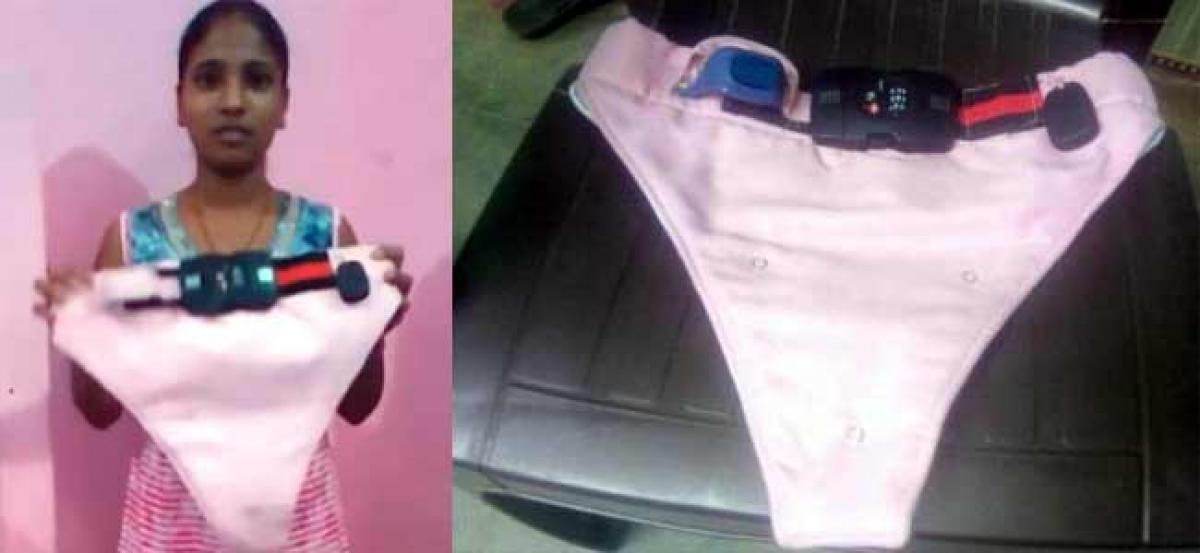Live
- Weavers Celebrate Telangana CM Revanth Reddy’s Welfare Initiatives with Milk Ablution in Aiza.
- MLA Couple Attends Oath-Taking Ceremony of New Governing Body at Shri Shri Jamulamma Parashurama temple in Jammi chedu.
- Invitation and Calendar Released for Sri Jogulamba Ammavari Brahmotsavams and Sri Bala Bhrameshwara Swamy Maha Shivaratri Mahotsavams.
- Grand Rangoli Competition Held at Saraswati Sishu Mandir, Nagarkurnool
- Friendly Cricket Match Between Police and Media Held in Nagarkurnool
- MP DK Aruna Encourages Youth to Acquire Skills, Promises Support for Women Entrepreneurs
- Kiran International School Boduppal Hosts Grand Sportathon Annual Sports Day
- MLA Yennam Leads in Vidya Nidhi Donations, Envisions Mahabubnagar as an Education Hub
- Session on Narrative Building Highlights India’s Changing Global Stance- Sood
- Garena Free Fire MAX Redeem Codes (11 January 2025): Unlock Free Diamonds, Skins, and More









